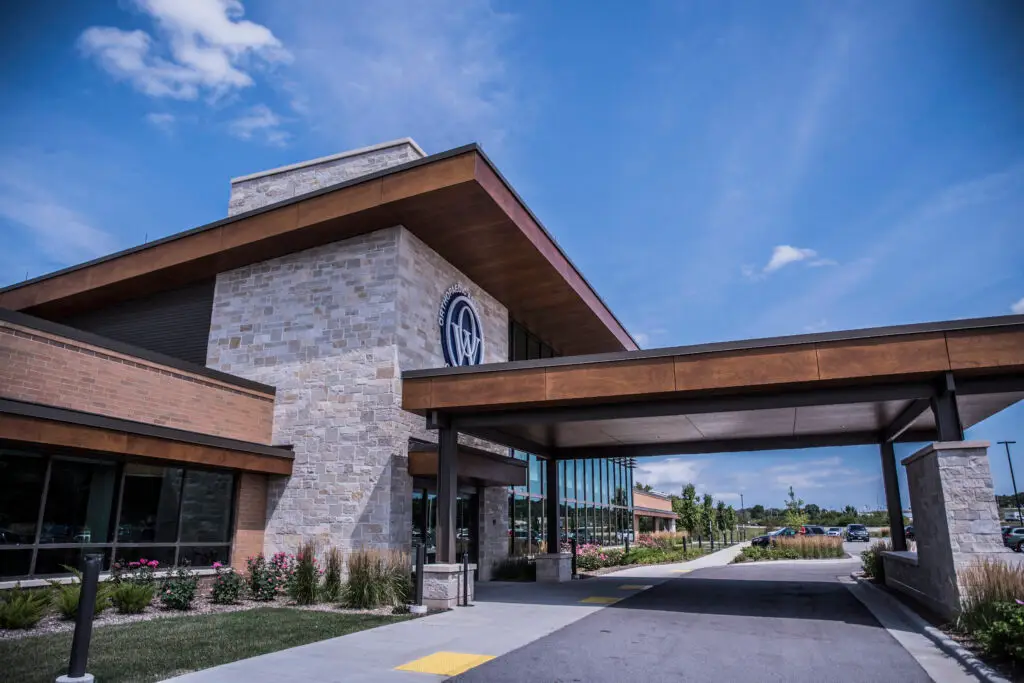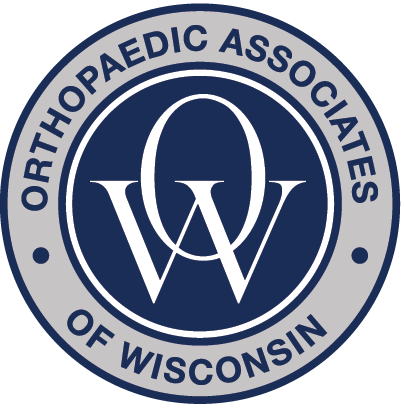Osteoporosis
Osteoporosis Diagnosis and Treatment in Wisconsin: Expert Orthopedic Care for Stronger Bones
Osteoporosis is a silent condition that weakens bones, making them more likely to fracture. At Orthopaedic Associates of Wisconsin, our team helps patients prevent, diagnose, and manage osteoporosis to support long-term bone health.
What is Osteoporosis?
Osteoporosis is a medical condition where bones become brittle, porous, and weak, often without symptoms—until a fracture occurs. It most commonly affects postmenopausal women, but men and younger adults can be at risk too.
What Causes Osteoporosis?
Bone is living tissue that constantly breaks down and rebuilds. Osteoporosis occurs when bone loss outpaces bone growth. Common causes include:
Aging
Hormonal changes (especially menopause)
Vitamin D or calcium deficiency
Sedentary lifestyle
Smoking or excessive alcohol use
Certain medications (e.g., steroids)
Who is at Risk?
Anyone can develop osteoporosis, but you’re at higher risk if you:
Are over age 50
Have a family history of osteoporosis
Are postmenopausal
Have had previous fractures from minimal trauma
Have chronic illnesses like rheumatoid arthritis or thyroid disorders
Signs & Symptoms
Often called a “silent disease,” osteoporosis may not show symptoms until a bone breaks. Possible signs include:
Fractures from minor falls
Loss of height over time
Stooped posture (kyphosis)
Back pain due to spinal compression fractures
How is Osteoporosis Diagnosed?
We use a bone density test (DEXA scan) to measure bone strength. This painless, noninvasive test helps assess your risk of fractures and guides your treatment plan.
Treatment Options
At Orthopaedic Associates of Wisconsin, we take a proactive approach to managing osteoporosis. Your personalized care plan may include:
Lifestyle modifications: Weight-bearing exercises, fall prevention strategies, smoking cessation
Nutrition counseling: Boosting calcium and vitamin D intake
Medications: Bisphosphonates, hormone therapy, or newer bone-building drugs
Fracture care and prevention: Monitoring bone health after injury or surgery
Can Osteoporosis Be Reversed?
While osteoporosis can’t be fully reversed, early detection and proper treatment can significantly slow bone loss and reduce the risk of fractures.
Why Choose an Orthopaedic Specialist?
Our physicians specialize in bone and joint health, making us uniquely qualified to treat and prevent complications from osteoporosis. We offer comprehensive care—from diagnosis and imaging to fracture management and post-injury rehabilitation—all under one roof.
Additional Resources: ProHealth’s Bone Health Clinic
For patients seeking dedicated osteoporosis management, we also work closely with ProHealth’s Bone Health Clinic—a specialized program focused on identifying and treating low bone density. Their team provides advanced testing, fracture risk assessments, and medical therapy tailored to each patient. This partnership helps ensure continuity of care for patients at higher risk of osteoporosis-related complications.
Ready to Take the Next Step Toward Relief?
If you’re concerned about bone loss or fracture risk, our team is here to help. With advanced diagnostic tools and personalized treatment plans, we’re committed to getting you back on your feet. Request an appointment today and take the first step toward feeling better.


